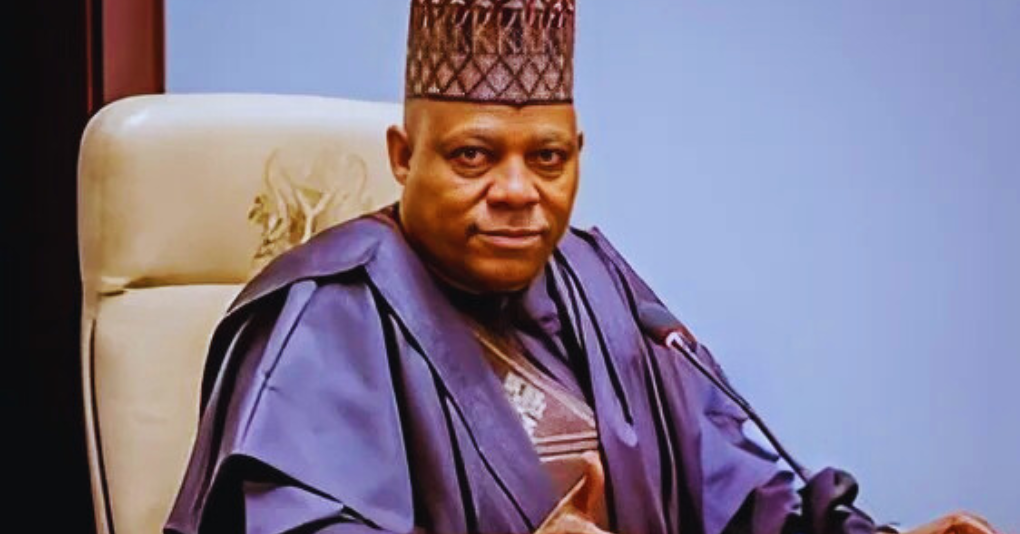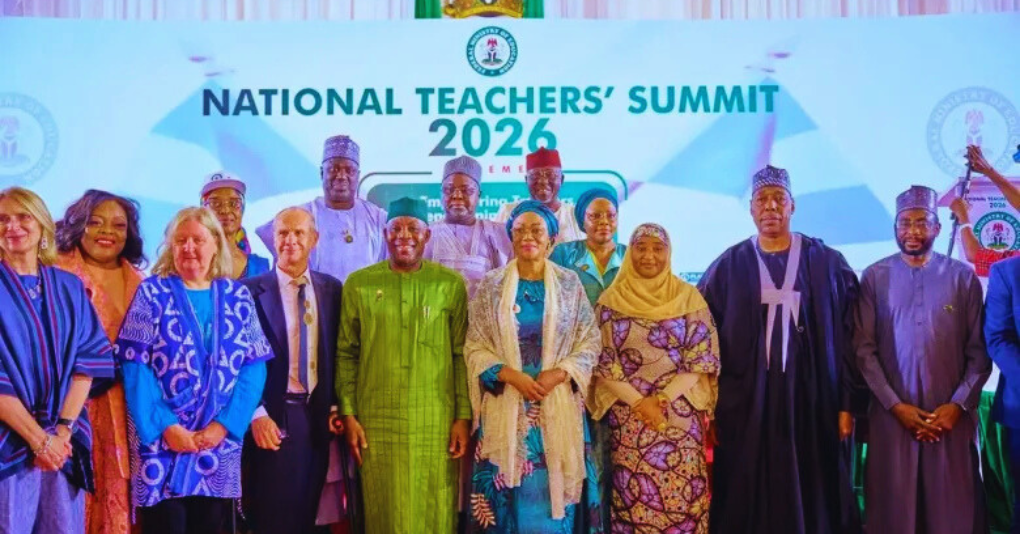In a decisive move to confront Nigeria’s widening skills gap and realign its workforce with national development goals, the Federal Government is set to undertake a nationwide audit of skills acquisition centres across Ministries, Departments and Agencies (MDAs).
This follows a strong call by Vice President Kashim Shettima for urgent and united action to transform Nigeria’s human capital base.
Speaking on Thursday at the 6th meeting of the National Council on Skills (NCS) held at the State House, Abuja, the Vice President stressed that bridging the skills gap was a national priority and a critical foundation for economic growth and industrial competitiveness.
“What binds us together supersedes whatever divides us. We have to make this country work. We need to fill in the skills gap,” Shettima declared during the council meeting, which brought together key government functionaries, policymakers, and private sector stakeholders.
He underscored the importance of the Council’s mandate, describing it as a vehicle for the strategic development of a productive workforce that meets the demands of a fast-evolving economic environment.
According to a statement issued by Senior Special Assistant to the President on Media and Communications, Office of the Vice President, Stanley Nkwocha, Shettima said “this council was established with a clear mandate to drive the strategic development of the skilled workforce that can contribute meaningfully to national growth and prosperity”.
Among the key outcomes of the session was the proposal for a comprehensive National Skills Infrastructure Audit, which aims to create a centralized database of all vocational and technical training facilities across the country.
The audit will serve as a critical tool in identifying functional centres, gaps in delivery, duplication of efforts, and opportunities for synergies between agencies.
“The government’s policy trajectory is to strengthen human capital development for national growth and industry through skills development. However, unless the skills infrastructure across MDAs is optimised, this vision will remain unattainable,” the Council noted.
The audit will involve on-site verification of training centres, detailed cataloguing of operational status, and assessments of compliance with national occupational standards and labour market needs.
Earlier, Minister of Housing and Urban Development, Arc. Ahmed Musa Dangiwa made a presentation on the National Artisan Skills Acquisition Programme (NASAP), an initiative aimed at training 10,000 artisans annually in high-demand construction trades.
The programme is designed to formalise Nigeria’s informal artisan sector by providing certification and onboarding qualified artisans onto a Digital Artisan Marketplace.
“The overall goal of NASAP is to establish a reliable and competent artisan workforce to drive the Ministry’s housing and infrastructure agenda while empowering Nigeria’s youth with employable skills,” the Minister said.
He noted that NASAP seeks to tackle youth unemployment while simultaneously addressing the skilled labour shortage in the construction sector, just as he said it is projected to have a significant impact on both job creation and long-term infrastructure development.
Share this post





Be the first to comment on this post